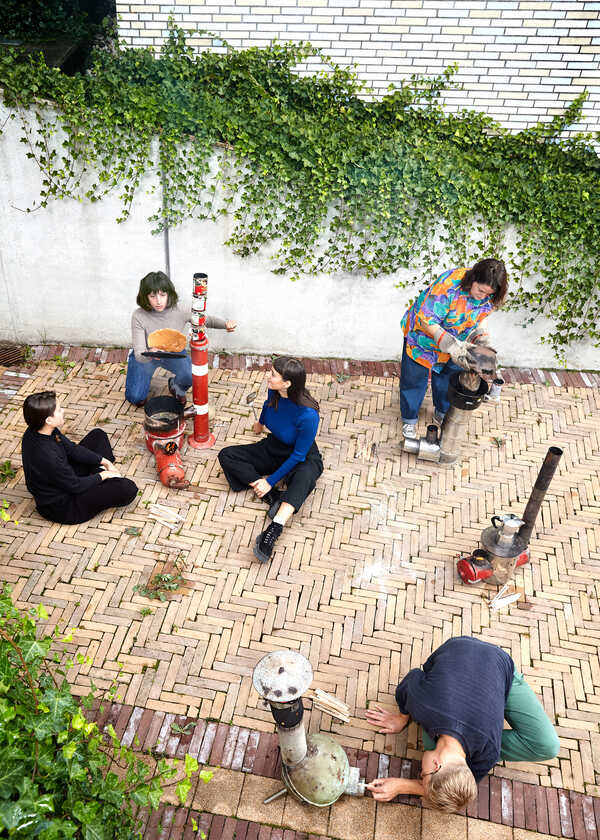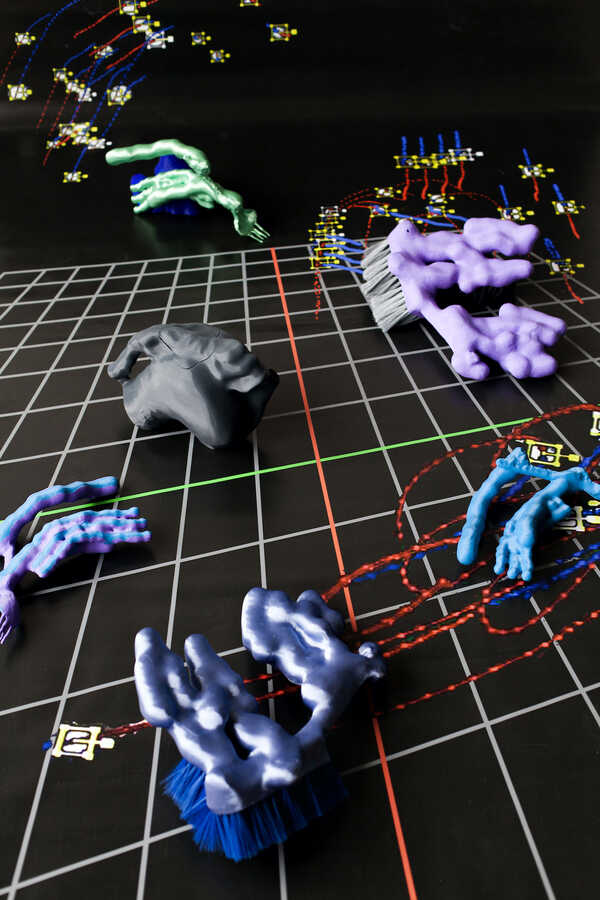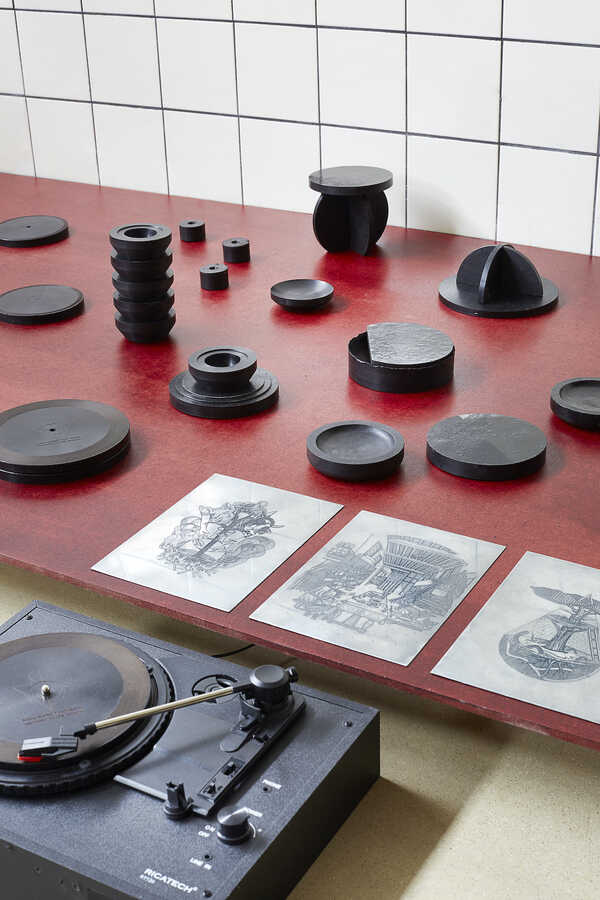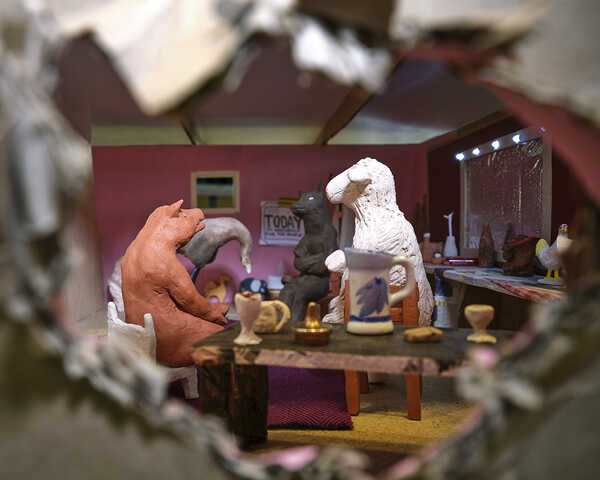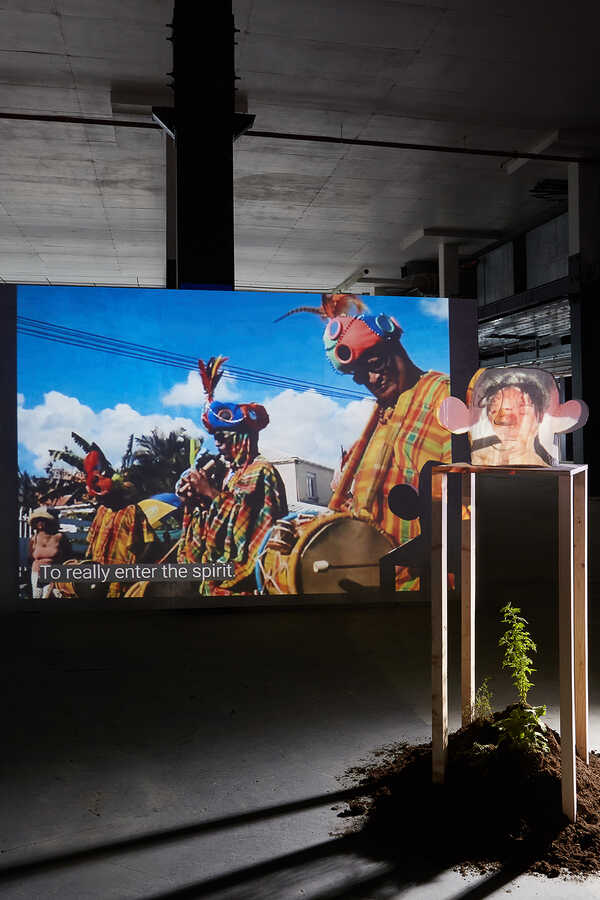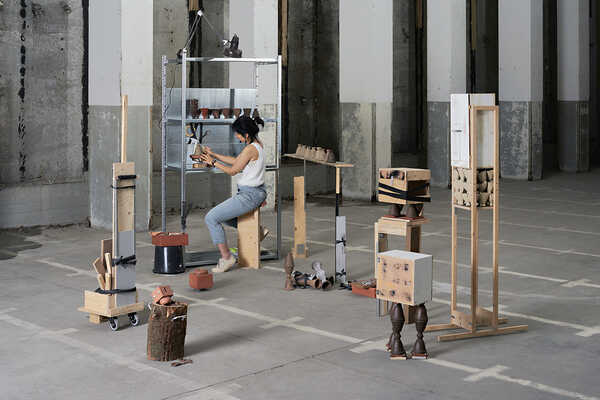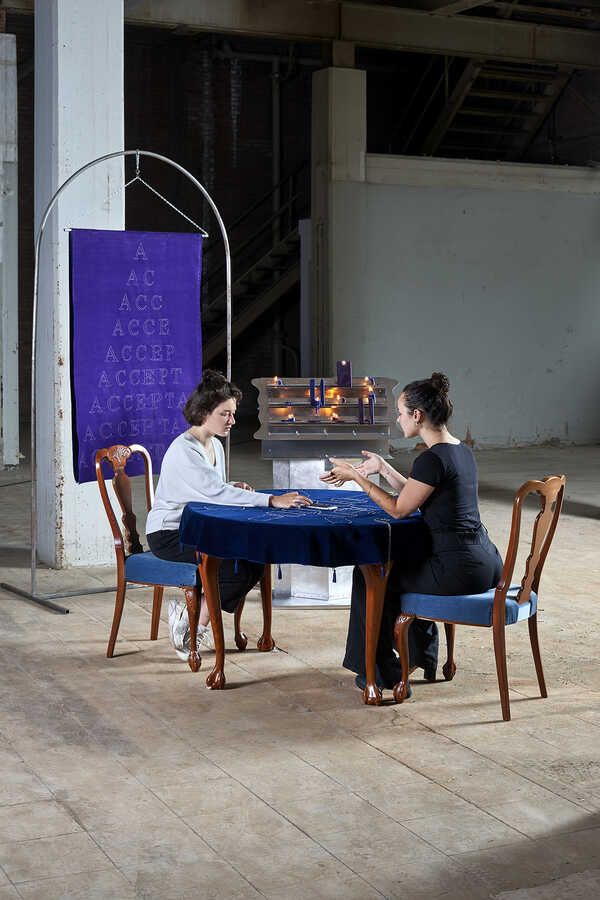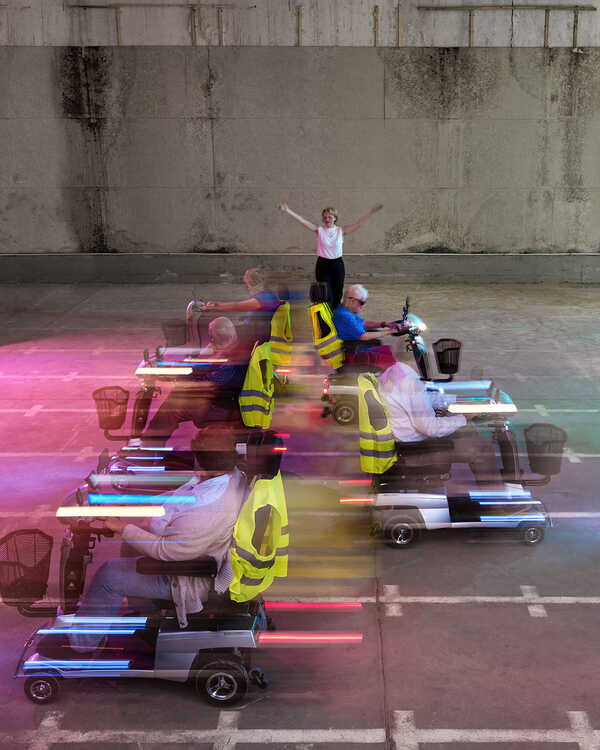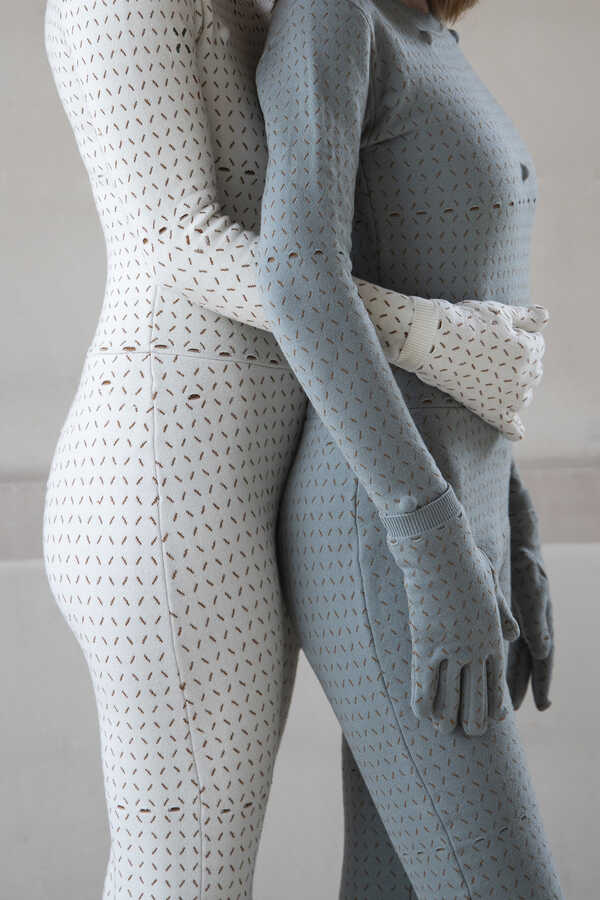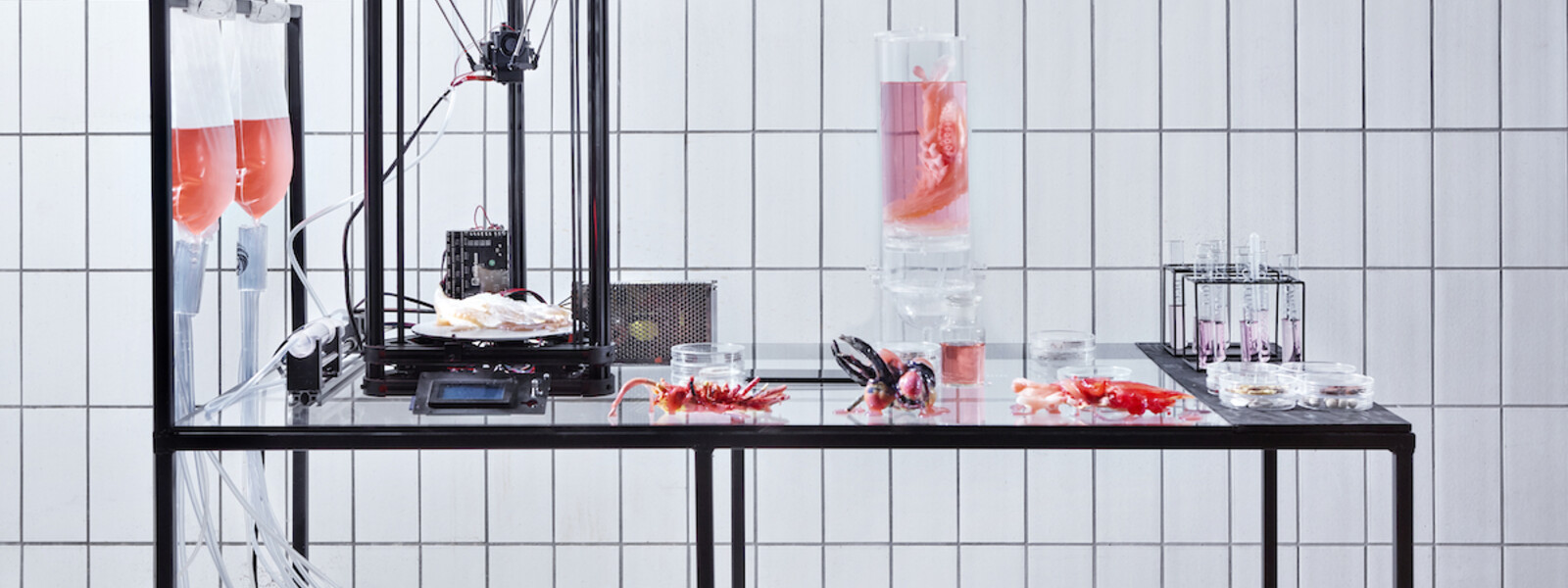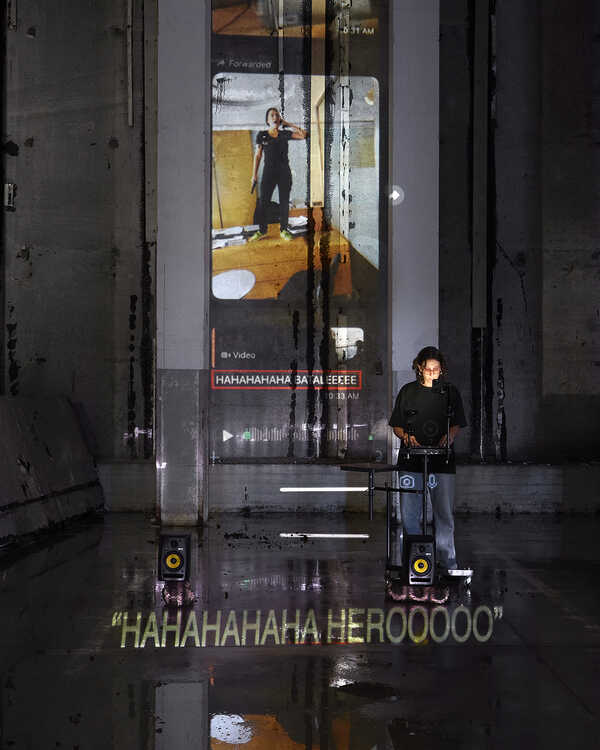Social Design
→ Material as Mediator, Activator, Disruptor
The Social Design Master’s was founded in 2012, on the conviction that designers—creators and makers with aesthetic, sensorial, intuitive, and relational abilities—possess a unique capacity to engage with social issues in ways that transcend conventional knowledge and theoretical assumptions. The programme emphasises the role of materials, aesthetics and material culture as powerful tools to mediate social realities, challenge existing norms, and create new ways of being in the world. By exploring the capacity of materiality to mediate, activate and disrupt, students learn to engage social challenges not just intellectually, but through tangible interventions.
→ Proactive Ethics and Positions
Central to the Social Design Master’s is a critical acknowledgement of design’s legacy, particularly in perpetuating colonial and Eurocentric values, and in promoting utopian futures that conceal deeper injustices. The programme urges students to recognise that design carries inherent ethical obligations. Students are supported in proactively examining and critically reflecting on their own perspectives and those of others—including attitudes, values, assumptions, biases, beliefs, cultural influences, and beyond—in order to take responsible action that goes beyond righteous positions, to empower and facilitate agency and change.
→ Expanding Possibilities and Engagement through Storying
Storytelling and collective imagination are considered vital tools for exploring alternative not-yets and challenging conventional thinking. The programme encourages harnessing the power of narrative and engagement to mediate social experiences, foster dialogue, and imagine new possibilities, values, and ways of being. Through storying, students are envision and articulate alternative ‘not-yets’, expanding the scope of what is possible in social designs—plural.
→ Experimentation with Methods, Tools, Artistry
The Social Design Master’s considers aesthetic creation and design as a methodology for deep, reflective, and research-driven engagement with the world and social issues. The programme encourages using traditional research and design methods and tools in novel ways and contexts, as well as supporting the development of new approaches. This emerges through a practice-based process that explores a design research question through material, artistic, theoretical and other knowledges.
→ Designing with the Collective
The Social Design Master’s champions a collaborative approach to design and research, prioritising the co-creation of new possibilities and collective outcomes. Students are encouraged to design not just for individual success, but in service of the social collective. However, engaging in collaboration, participation, and other forms of collective work can be challenging due to power imbalances, social and emotional dynamics, material inequalities, and other differences among people. Understanding these challenges and building the skills to navigate and address them is fundamental to social design.
→ Nurturing Hope and Responsibility
At the core of the Social Design Master’s is the belief that hope is not just a sentiment but a responsibility, demanding daily practice and perseverance. Education within this framework goes beyond skill acquisition to help students understand their role within the collective, develop social and ethical competencies, and cultivate a purposeful professional practice. By supporting students in defining their roles as social designers—drawing on transpersonal reflection and self-empowerment—the programme nurtures proactive citizens who are not only skilled practitioners but also creators, critical thinkers, organisers, strategists, and facilitators of social change.
Ultimately, the Social Design Master’s aims to cultivate designers who are capable of imagining and realising new possibilities for more just and sustainable not-yets by collectively developing and enacting meaningful steps, however small, that can be taken toward those not-yets today. Through a curriculum that integrates creative and critical practice, students are encouraged to become agents of change, engaging with and benefiting the social collective.
We invite those who are ready to nurture this flame of hope to join us in transforming the unimagined into the possible, using design as a catalyst for real, lasting change.
